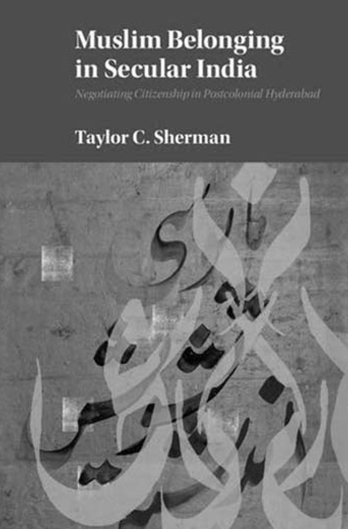Taylor Sherman’s book marks an important intervention in con-temporary debates over citizenship, belonging, democracy and nationalism. Today, it would be difficult to deny the differential access/exercise of citizenship rights, based on the social, cultural, communitarian, economic or political capital groups or individuals are able to leverage. It is also acknowledged that the formal regime of universal citizenship deftly masks systemic inequalities. Sherman teases out these nuances of citizenship-in-practice in Hyderabad, immediately after the invasion of 1948, to examine the different interpretations of belonging that shaped contemporary understandings of being Muslim and being Indian.
Sherman argues in her ‘Introduction’ that it is the affective practices of belonging and the performative aspects of identity, rather than patriotic sentiments generated by terms such as nationalism that allow for a range of relationships between the people and the government of a territory. Citizenship, more than a legal status, is also a set of practices informed by the idea of belonging to a space. In the context of post-1948 Hyderabad, such an understanding opened out ‘zones’ of values, norms and practices as ‘lived experiences’ (p. 15) wherein secularism and democracy acquired specific contextual meanings, dependent on competing understandings of democratic governance. It allowed, in other words, for a negotiation of belonging.

